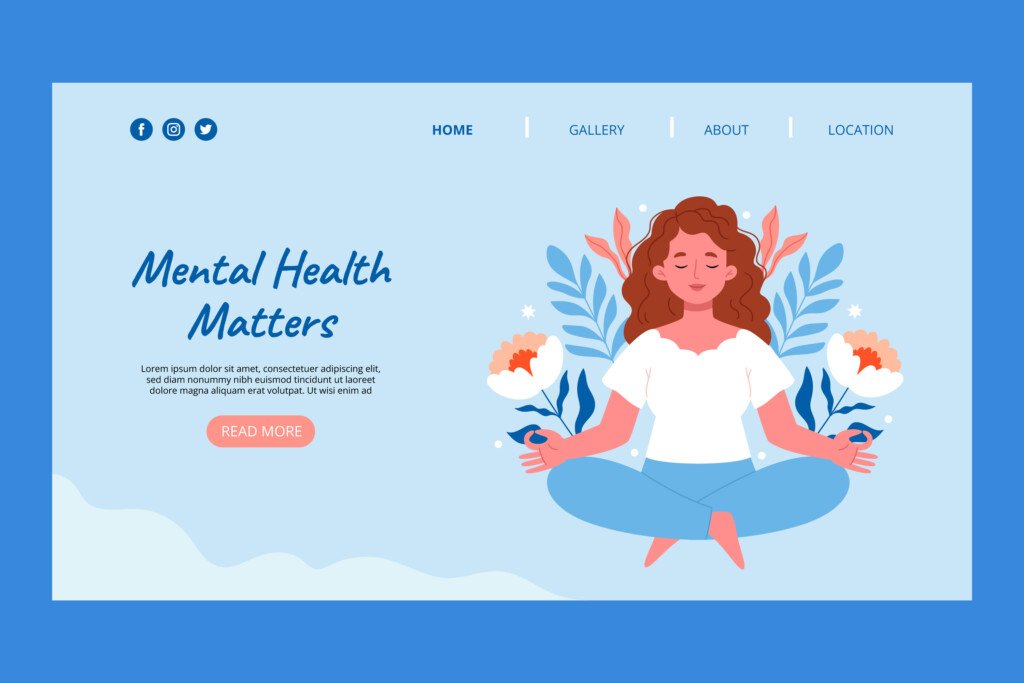Depression affects millions of people around the globe, and as cases continue to rise, experts are asking a vital question: Can exercise treat depression?
While conventional treatment methods like medication and therapy remain standard, recent research suggests physical activity may be a powerful, natural solution for improving mental health.
Understanding Depression: More Than Just Feeling Sad
Depression is a complex mental health condition characterized by persistent sadness, a loss of interest in daily activities, and decreased motivation. It impacts relationships, productivity, and overall quality of life. In severe cases, it can lead to substance abuse or chronic illnesses.
Globally, 280 million people struggle with depression, including 21 million Americans who experience at least one major depressive episode each year. With such staggering numbers, it’s clear we need safe and accessible treatment options.
Traditional Treatments and Their Limitations
Standard depression treatments include:
- Antidepressant medications
- Therapy (Cognitive Behavioral Therapy, Talk Therapy, etc.)
While effective for many, these methods aren’t always ideal. Medications can come with side effects or risk of dependency, and therapy may not be accessible to everyone due to cost, stigma, or limited availability.
This has driven researchers and mental health professionals to explore alternative methods—like exercise—that are natural, accessible, and free from harmful side effects.
How Exercise Helps Fight Depression
You likely already know that exercise benefits your body. But did you know it’s just as good for your brain and mood?
Here’s how physical activity helps improve mental health:
1. Releases Feel-Good Endorphins
Exercise triggers the release of endorphins, which are natural mood lifters. These brain chemicals help reduce pain and generate feelings of pleasure or euphoria—often called the “runner’s high.”
2. Boosts Key Neurotransmitters
Working out increases levels of serotonin and dopamine, neurotransmitters that regulate mood, reward, and motivation. These chemicals help reduce stress and elevate emotional well-being.
3. Improves Self-Esteem
Regular physical activity promotes a sense of achievement and mastery. This builds confidence and mental resilience—both of which are essential in managing depression.
Best Types of Exercise for Managing Depression
The best exercise is the one you’ll stick with. Whether it’s a walk in the park or lifting weights, staying consistent is key. Here are some options to explore:
1. Aerobic (Cardio) Exercises
These elevate your heart rate and improve circulation, which can positively impact brain chemistry:
- Brisk walking or jogging
- Swimming
- Cycling (outdoors or stationary)
- Dancing (Zumba, aerobic classes)
- Jumping rope or using a stair-stepper
2. Resistance Training
Strength-based exercises are excellent for building both physical and mental strength:
- Bodyweight exercises (e.g., pushups, squats)
- Dumbbells, kettlebells, or resistance bands
- Functional movements like deadlifts or rows
3. Mindfulness-Based Activities
These blend movement with relaxation and emotional control:
- Yoga
- Tai Chi
- Walking meditation
- Wim Hof breathing techniques
How Much Exercise Do You Need?
The Centers for Disease Control and Prevention (CDC) recommends:
- 150 minutes/week of moderate-intensity exercise OR
- 75 minutes/week of vigorous-intensity exercise
This can be broken into manageable sessions:
- 30 minutes a day, 5 days a week (moderate)
- 25 minutes a day, 3 days a week (intense)
For even greater mental health benefits, double that time. Consistency is what matters most.
Backed by Science: What the Research Says
Multiple studies confirm that regular exercise can be as effective—or even more effective—than antidepressants in some cases. [2][3]
It improves mood, boosts motivation, reduces anxiety, and increases self-esteem, making it a promising complementary or standalone treatment for depression.
Final Thoughts: Get Moving, Feel Better
Exercise may not be a cure-all, but it’s a powerful tool in your mental health toolkit. With zero side effects, countless benefits, and endless ways to get active, it’s a treatment worth trying.



